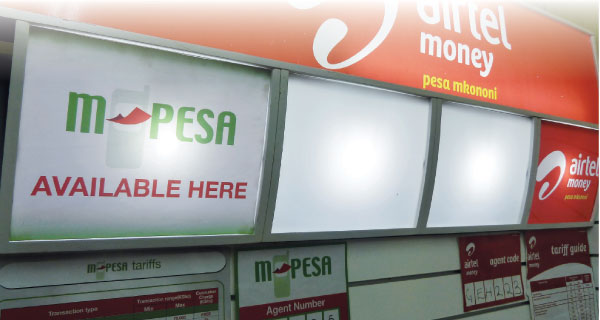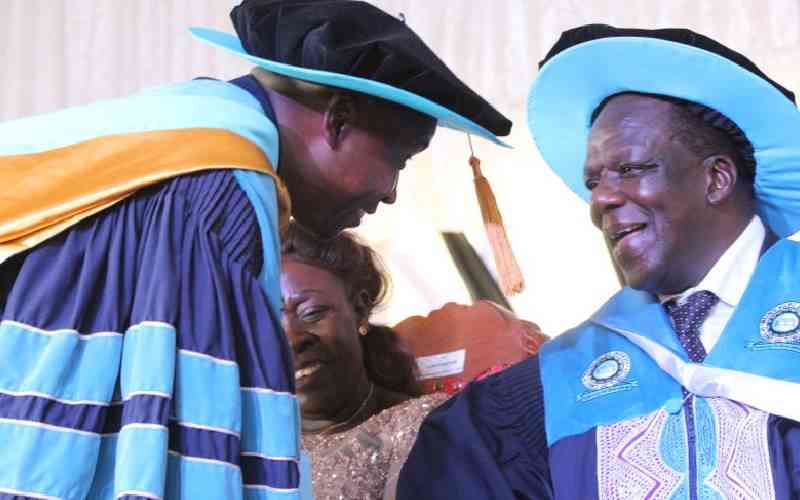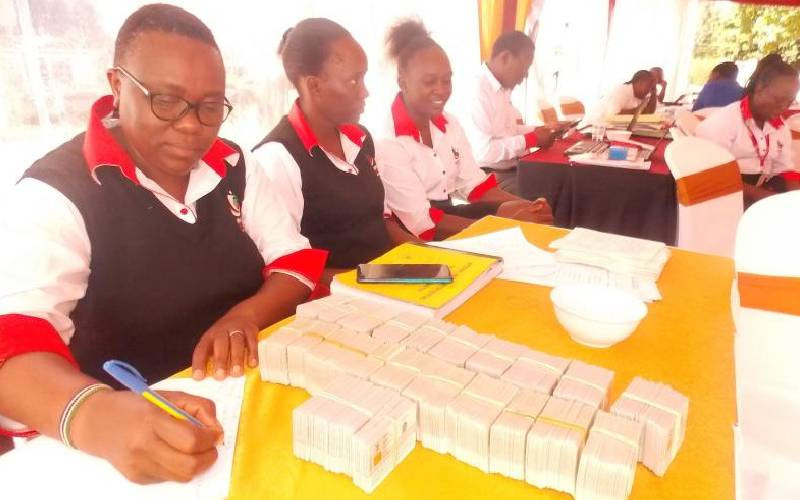By KENNETH KWAMA
Airtel is set to reject an offer by its key market rival to negotiate a settlement in an abuse of dominance case it has filed against Safaricom before the Competitions Authority of Kenya (CAK) and will instead push for a full hearing.
A top executive at the Bharti-owned firm told Weekend Business that Airtel will make its position clear once it receives official notification of Safaricom’s offer, but correspondence in our custody shows Safaricom had agreed to settle the matter after Airtel accused it of employing anti-competitive practice to further its dominance in the mobile money market via M-pesa.
“The battle to open up the mobile money market is not a private matter between Airtel and Safaricom, but is an industry issue. It will only get the justice if it proceeds to full hearing,” said the Airtel executive who requested not to be named because the firm is yet to make its position on the matter official.
Safaricom referred Weekend Business to the competitions regulator when asked to comment; “You may wish to pick the line of enquiry directly with the Competitions Authority of Kenya,” wrote the company’s Director of Corporate Affairs, Nzioka Waita in an e-mail response.
Airtel had asked the authority to punish the market leader for what it called anti-competitive tendencies.
Airtel says the market leader has been using its dominance to restrict competition in the mobile money market by among others, excluding competitor’s products from M-pesa retail outlets and levying hefty charges on unregistered users of the service. Airtel contends that in this case, unregistered users refer to those not listed as Safaricom’s customers, an exercise it says has been subjecting its customers to discrimination. It also alleges that Safaricom does not allow its retail M-pesa agents to offer financial services to other mobile commerce service providers or banks.
“If a retail M-pesa agent is found offering financial services other than M-pesa, then such an agent is threatened,” wrote Airtel Kenya’s MD Shivan Bhargava in a letter addressed to the CAK Director General on September 19, 2012.
On October 30, 2013 CAK wrote to Airtel, informing them that it had given Safaricom 21 days within which to submit its proposals on the settlement of the matter for consideration and appraisal.
A successful request could see the cost of transactions tumbling down for ‘unregistered’ customers and open up M-pesa for usage by other mobile money transfer platforms like MobiKash, Airtel Money, yuCash, Orange Money and Tangaza.
Currently, Safaricom controls over 80 per cent of the mobile money transfer service sector with its stranglehold on the mobile cash transfer market through M-pesa being credited as one the major reason for success.
The Central Bank of Kenya (CBK) has also been advocating for an open system that creates a seamless system for all operators.
The regulator proposes a system referred to as interoperability and has recommended that, as part of its ‘National Payment System Draft Regulations’, all electronic-money issuers in the country should use open systems capable of becoming interoperable both locally and internationally.
“E-money issuers are encouraged to enter into interoperable arrangements,” reads part of CBK’s recommended regulation.
Airtel’s challenge marks a tipping point in the mobile money transfer market, but beyond the dispute the assault on Safaricom will, if successful, could yield substantial changes in mobile money usage, including more than 100 per cent reduction of transaction fees for the unregistered users.
Before the authority’s letter that gave Safaricom 21 day ultimatum to propose a settlement, Safaricom had asked for an inter-parties settlement (between it and Airtel).
The Competitions Authority went on and slotted a date-October 29, 2013 for the hearing, but later changed its mind after Airtel protested saying that the matter was not a two party dispute, but an industry concern that should also involve other players. The industry is anxiously waiting to see Safaricom’s action before or on expiry of the 21-day notice.
Mobile money in Kenya, which has almost become synonymous with M-pesa, has been robust and has been cited as the best example of the system world over. Since inception, it has grown exponentially, increasing from Sh166.5 billion recorded transactions in 2008 to Sh1.5 trillion by end of last year.
Safaricom reported a 38 per cent growth in profit before tax in the six months ending September. While unveiling the results last week, the firm said its non-voice revenues – including data, M-Pesa and text messages – are now key contributors to its revenue.
M-Pesa revenues grew 19 per cent to Sh12 billion, up from Sh10.43 billion, while mobile data grew 43 per cent.
Text messages, M-Pesa and data, referred to as non-voice accounted for 30 per cent of the total revenue.
 The Standard Group Plc is a multi-media organization with investments in media
platforms spanning newspaper print operations, television, radio broadcasting,
digital and online services. The Standard Group is recognized as a leading
multi-media house in Kenya with a key influence in matters of national and
international interest.
The Standard Group Plc is a multi-media organization with investments in media
platforms spanning newspaper print operations, television, radio broadcasting,
digital and online services. The Standard Group is recognized as a leading
multi-media house in Kenya with a key influence in matters of national and
international interest.
 The Standard Group Plc is a multi-media organization with investments in media
platforms spanning newspaper print operations, television, radio broadcasting,
digital and online services. The Standard Group is recognized as a leading
multi-media house in Kenya with a key influence in matters of national and
international interest.
The Standard Group Plc is a multi-media organization with investments in media
platforms spanning newspaper print operations, television, radio broadcasting,
digital and online services. The Standard Group is recognized as a leading
multi-media house in Kenya with a key influence in matters of national and
international interest.










